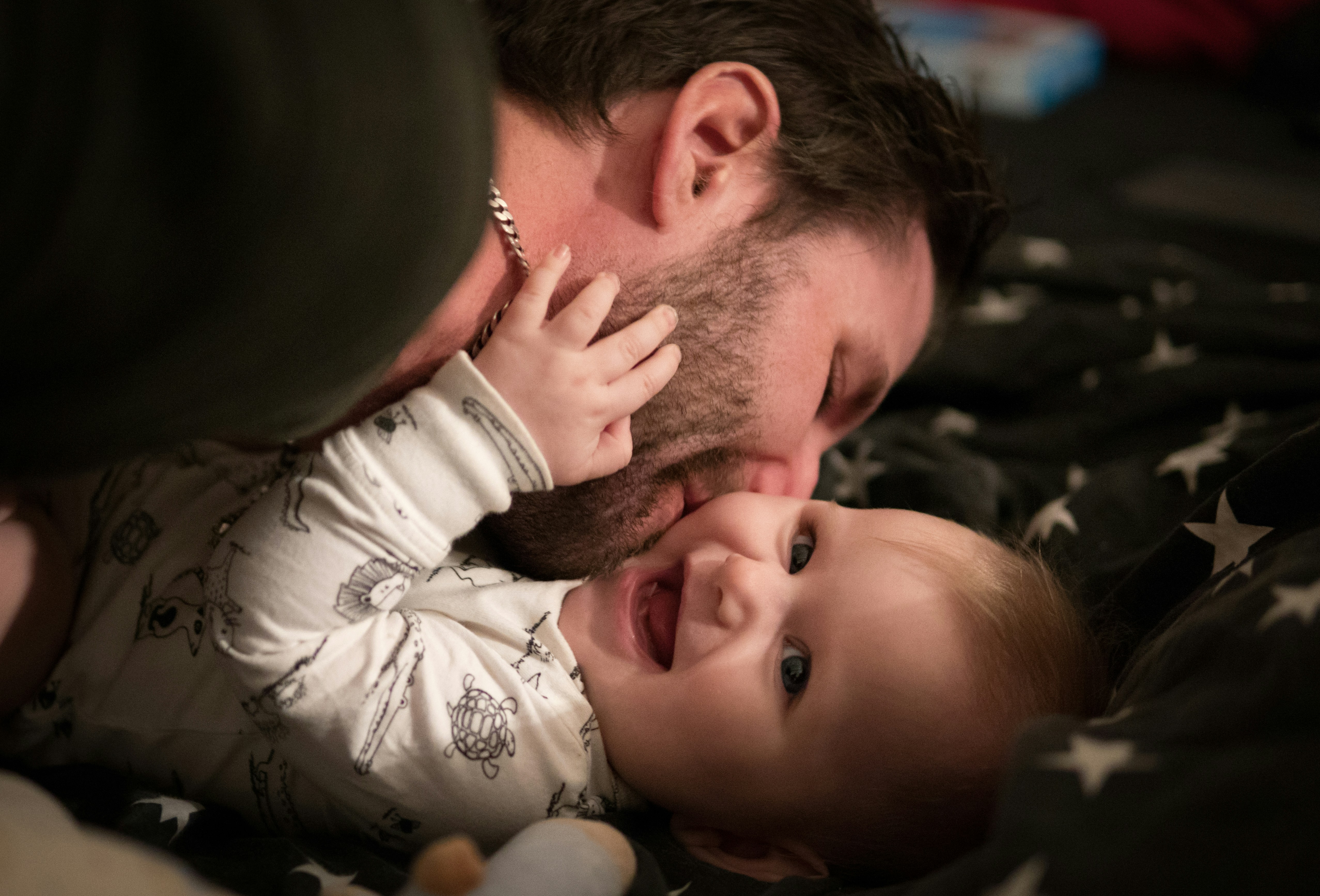
Most parents know the feeling, that heavy sense of guilt that creeps in when you lose patience, take a moment for yourself, or worry you are not doing enough. Parental guilt is almost universal, but in the modern world it has become more intense than ever.
Between social media comparisons, unrealistic parenting standards, and constant pressure to get everything right, parents often feel they are falling short. Yet guilt does not make you a better parent. Self-compassion does.
Why Parents Feel So Guilty
There are many reasons parents experience guilt, and most come from good intentions:
The perfection trap
Parents believe they must give everything to their children, their work, and their relationships at once.
Social media comparison
Seeing perfect family moments online can make even confident parents feel inadequate.
Work-life tension
Working parents feel guilty about time away from their children, while those at home may feel guilty for not contributing financially.
Unrealistic expectations
Society often sets impossible standards for parenting, especially for mothers.
Family pressure
Many parents try to do better than their own parents and feel guilty when they fall short.
The truth is that guilt is often a sign that you care deeply, but too much guilt harms your mental health and your relationship with your children.
The Psychology of Parental Guilt
From a psychological point of view, guilt is meant to guide us when we have done something wrong. But in parenting it often becomes chronic and distorted, fuelled by anxiety and perfectionism rather than genuine mistakes.
When left unchecked, guilt can lead to anxiety, self-doubt, emotional exhaustion, irritability, and difficulty being present. Cognitive Behavioural Therapy (CBT) and Acceptance and Commitment Therapy (ACT) both offer helpful ways to manage these feelings.
Using CBT and ACT to Manage Parental Guilt
1. Challenge your inner critic with CBT
Notice thoughts such as “I am a terrible parent for shouting” or “I never spend enough time with my child.” Ask yourself:
- What evidence supports or contradicts this?
- What would I say to a friend in my position?
- Is this thought helpful or harmful?
Replacing harsh self-talk with realistic thinking helps reduce emotional overload.
2. Accept imperfection with ACT
ACT encourages us to accept difficult emotions rather than resist them. Try saying, “I feel guilty right now, but that does not mean I have failed. It means I care.” Then focus on your values, being kind, calm, and connected, instead of chasing perfection.
3. Practise self-compassion
Remind yourself that no parent is perfect. Children do not need perfection; they need your warmth, honesty, and effort. Self-compassion allows you to recover faster from mistakes and teaches your children emotional resilience.
The Impact on Children
Children do not need flawless parents. They need parents who can repair and reconnect. When you acknowledge a mistake and apologise, you teach empathy and forgiveness. Letting go of guilt helps you parent from love rather than fear.
Final Thought
Parental guilt is common but it does not need to define your parenting journey. By recognising your thoughts, accepting imperfection, and practising self-kindness, you can move from guilt to growth.
At Pareful, we help parents manage guilt, stress, and self-criticism using evidence-based tools grounded in CBT, ACT, and mindfulness. The goal is simple: to help you feel calmer, more confident, and more connected to your children. 🌱
Related articles
Explore our wide range of expert-led articles, guides and tips on parental mental wellbeing.


